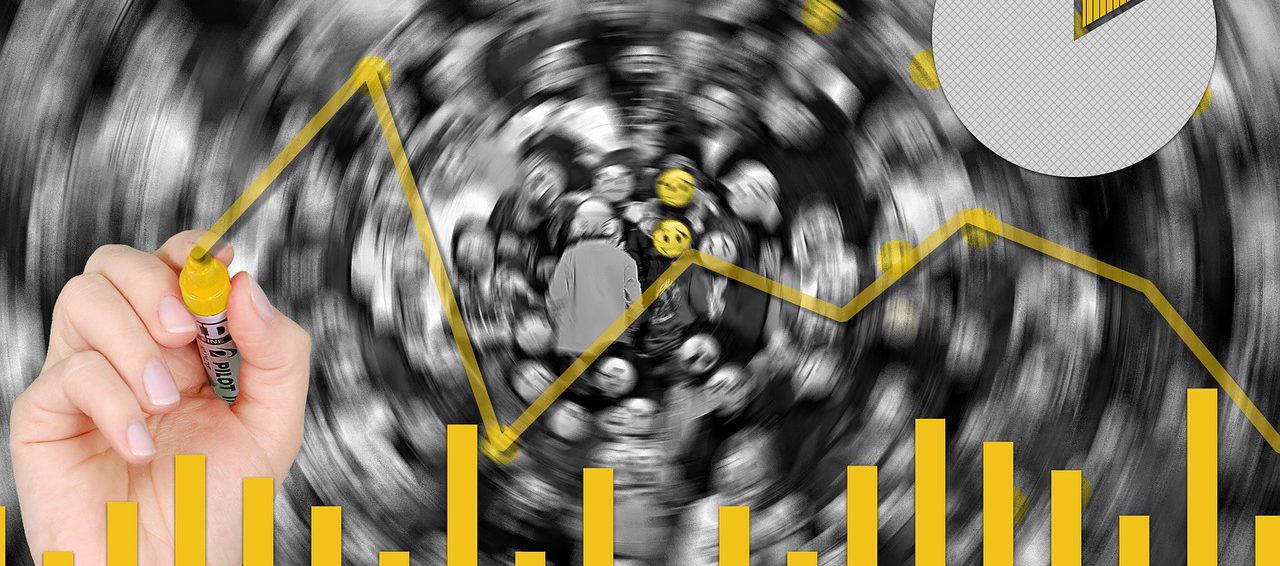
Big Data is “in”, it is the buzzword of the decade as businesses and organisations in-general become more and more data driven. Yet, what is big data? How does it differ from traditional data and data analysis? Most importantly, are you ready for big data in procurement?
What is Big Data?
The exact definition of big data is nebulous. The most common definition relates to size. Extremely large data sets are big data. But how large does a dataset have to be to be big? Also, there is a question of complexity. A petabyte, 1000000 gigabytes, of simple data is big data but so is a 1 gigabyte of data that might be small in size but that has hundreds of facets. Ultimately, “big data” is defined by how computationally difficult it is to process. In procurement, “big data” results from the confluence of different sources of datasets. The problem facing procurement professionals is that there is an ever increasing array of data set they can incorporate into decision-making. The definition of big data for procurement is not the size of the data but the complexity. To gather together data from disparate sources in a manner that can be analysed for insights, trends and used for decision making is a significant challenge. On top of that, there is no shortage of vendors hawking products and services that promise big data Nirvana well beyond current technological capabilities. But without proper training and up skilling, instead of big data nirvana, you might well find yourself in big data dystopia.
What are the benefits of Big Data in Procurement?
Data analysis is not new to procurement. For years, procurement professionals have used spend data analysis, procurement controlling and other tools and techniques. But big data is the next step in the data revolution, evolution. The primary aim for big data is higher levels of analysis that are beyond the scope of current analysis techniques. For example, spend data analysis involves just one data source: spending data. But what insights would you gain, if you combine spend data with other data? For example, skill competency data of your procurement team, plus the competence data of other organisations in your industry. Analysing a composite data set such as the one described may lead you to new insights that you would never be able to gain from just analysing spend data. It might just be that you are spending too much because your team is not as good at negotiating as they should be. Another usage of big data can take the form of solving complicated sourcing challenge in a cost effective way. Still another usage of big data is the potential for better implementation, management, measurement and forecast of savings and cost avoidance. Also, big data can give you a predictive edge on the market. Especially since not getting on the big data train might mean playing catch-up as your competitors ride the train into new horizons.
Are you ready for Big Data?
If you don’t have the skills to understand the capabilities and limitations of big data, you are at the mercy of vendors looking to sell your their products and services. But even if you get the right products and services, without the proper skills, your purchases are likely to be underutilised. Worse still, lack of big data knowledge might simply mean that you miss the train and have to play catch-up. There are clear benefits in up skilling to properly understand big data, how it applies to procurement and finally, how you can harness its power for your organisation now and in the future.
Get Procurement Insights That Matter
Join 10,000+ procurement professionals getting monthly expert cost-optimisation strategies and exclusive resources. Unsubscribe anytime.
Join








